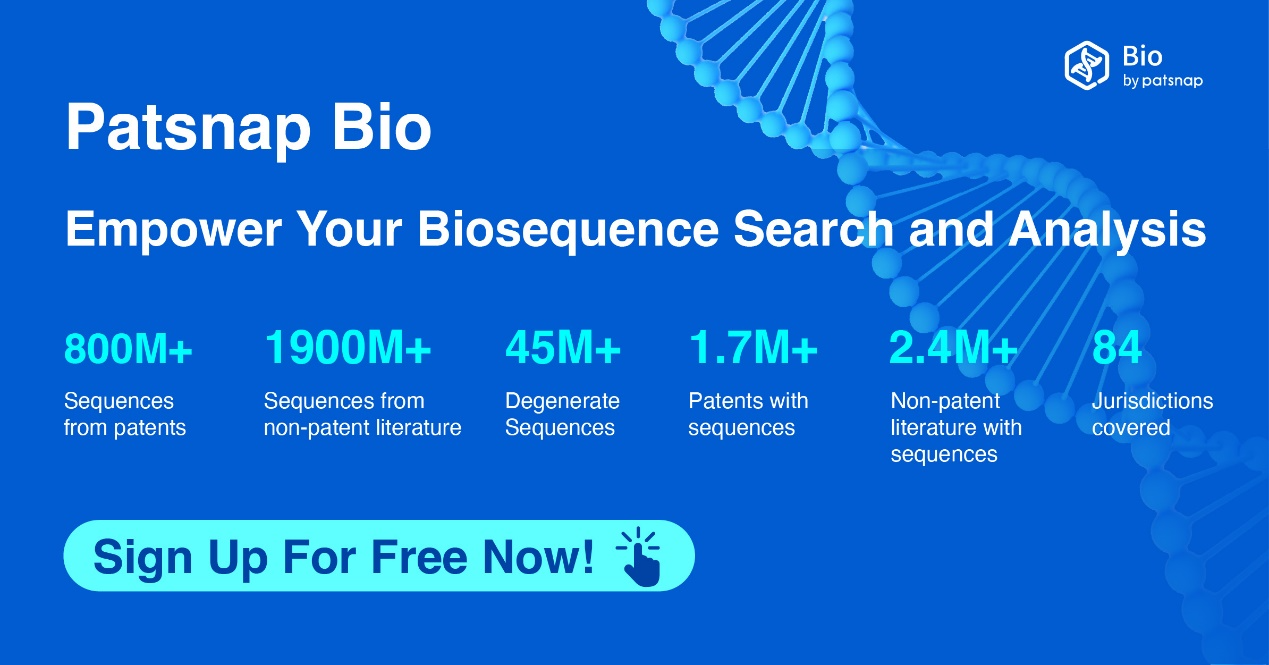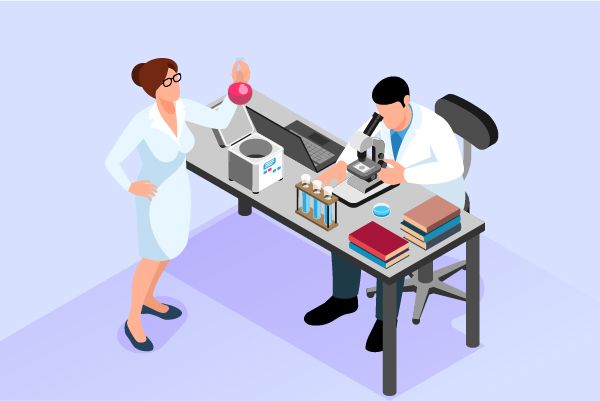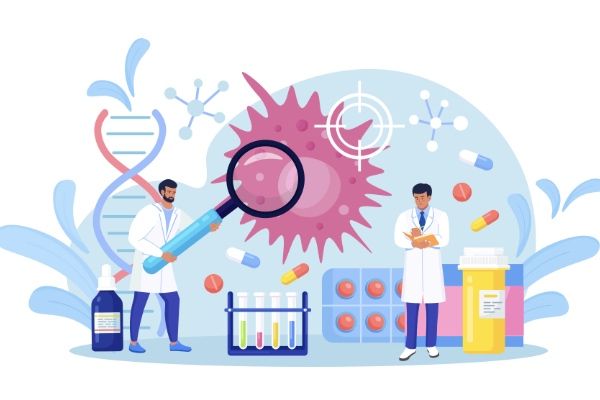Biological Glossary | What is Plasmid?
A plasmid is a small, circular, double-stranded DNA molecule that is distinct from a cell's chromosomal DNA. Found in bacteria and some other microscopic organisms, plasmids replicate independently and often carry genes that provide genetic advantages like antibiotic resistance. They can be transferred from one cell to another and vary in length from around a thousand to hundreds of thousands of DNA base pairs. Scientists use plasmids as tools to clone, transfer, and manipulate genes by inserting DNA fragments or genes into a plasmid, creating a recombinant plasmid. This can then be introduced into a bacterium to rapidly copy DNA fragments in large quantities.
Free registration is available for the Bio biological sequence database: https://bio-patsnap-com.libproxy1.nus.edu.sg. Act now to expedite your sequence search tasks.




